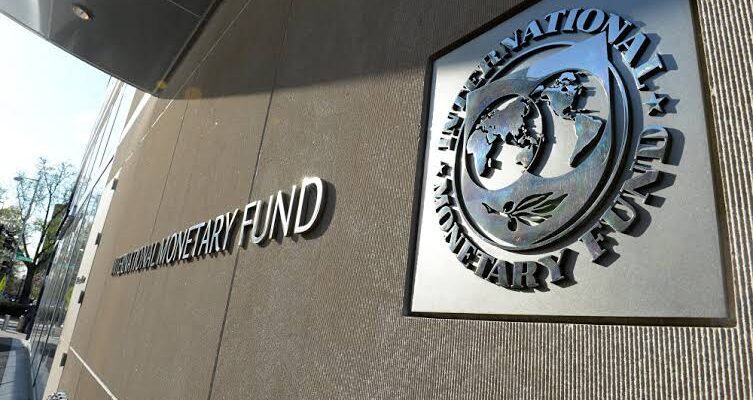
As global economic uncertainty intensifies, the International Monetary Fund (IMF) has issued a stark warning to heavily-indebted nations: restructure your debts or face deeper economic instability.
In a new report titled “Toward a Better Balanced and More Resilient World Economy”, released ahead of the IMF/World Bank Spring Meetings in Washington D.C., IMF Managing Director Kristalina Georgieva urged countries with unsustainable debt levels to act decisively and pursue necessary restructuring to restore long-term fiscal sustainability.
“Where debt is unsustainable, countries must move proactively and consider restructuring,” Georgieva said, stressing that waiting too long could push vulnerable economies into deeper crisis.
Growing Global Pressures
The IMF chief also painted a worrying picture of rising global trade tensions, tightening financial conditions, and weakening international cooperation. According to her, prolonged uncertainty is already triggering volatility in financial markets, delaying investment decisions, and driving up precautionary savings.
“Uncertainty is costly,” she warned. “When tariffs and trade barriers change unpredictably, businesses are left unsure of where to invest or trade. Ships remain at sea unsure of which ports to dock at. This ripple effect hampers growth and damages supply chains.”
She emphasized that developing and smaller economies are particularly exposed to these shocks, as they rely more heavily on global trade. The pressure is further compounded by reduced aid inflows from donor nations, who are increasingly focused on domestic issues.
Protectionism Hurts More Than It Helps
Georgieva took aim at rising protectionist policies, noting that while tariffs may offer short-term revenue gains, they ultimately stifle productivity and innovation—especially in economies that are not large or diversified.
“Rising trade barriers hit growth upfront. Tariffs act like taxes—they raise the cost of imports and reduce competitiveness. Over time, protectionism weakens innovation by insulating local industries from global competition,” she explained.
She likened trade to water, warning that when obstacles are placed in its way, it finds alternative routes—causing shortages in some areas and oversupply in others.
“Trade doesn’t stop—it diverts. But every diversion comes with a cost,” Georgieva said.
Policy Recommendations
To navigate the growing turbulence, Georgieva called for credible, data-driven policies across the board. She urged central banks to remain independent, vigilant, and agile in fighting inflation and managing currency fluctuations.
She also called for stronger regulation of the financial sector, especially non-bank institutions that are becoming increasingly exposed to systemic risk.
For low-income countries, the message was even more urgent. With limited fiscal room and declining donor support, Georgieva urged these nations to improve domestic resource mobilization and seek international assistance for capacity building and financial support.
“Difficult choices lie ahead, but without bold action, these countries risk falling further behind,” she warned.
A System in Crisis
Beyond the numbers, Georgieva acknowledged the erosion of global trust in the multilateral economic system. Many populations feel left behind by globalization, with jobs lost, wages stagnated, and inflation hitting hard due to disrupted supply chains.
“Trade tensions are like a pot that’s been simmering for years—and now it’s boiling over,” she said. “There’s a growing perception that some countries are gaming the system while others follow the rules.”
She called for a renewed commitment to fair trade, global cooperation, and reforms that create more inclusive and resilient economies.
“Global economic integration has lifted millions out of poverty—but the benefits must be more evenly shared,” Georgieva concluded. “Without action, mistrust and division will only deepen.”

Comments